Update 2 (July 12, 2019): Article updated to include comment speculation 10nm and 14nm variants of XPS 13 in traditional and convertible designs
Update 1 (July 11, 2019): The original edition of this article mistook Comet Lake 14nm for Ice Lake 10nm. Both chips are slated to power the XPS 13 7390.
One of Intel’s fastest upcoming ULV (15W) CPUs looks to be the Comet Lake i7-10510U, which seems slated to power the soon-to-be-released Dell XPS 13 7390 clamshell. Confusingly, the 7390 2-in-1 seems like it will be powered by 10th generation 10nm Ice Lake CPUs (which has few leaks so far) rather than the 10th generation 14nm Comet Lake CPUs.
Benchmarks for this Comet-Lake 15W CPU have just shown up on consumer-tool Geekbench’s website, but any wild expectations for the performance of this chip should be tempered based on the scores put up: The multi-core scores only show a 6.94% increase over one of the fastest 15W 8th generation Whisky Lake CPUs, the i7-8565U, while the single-core performance is actually worse.
The best scores recorded by Notebookcheck for the i7-8565U are 5547 points for 64-bit single-core and 16490 for 64-bit multi-core. On the other hand, the Core i7-10510U found in the listing for Dell’s upcoming XPS 13 7390 scores 5248 on single-core and 17676 in multi-core. That’s a 6.94% performance increase in multi-core performance but roughly a 5.5% decrease in single-core performance for the new 10th gen U-series CPU. You can see the full details on the Geekbench website here.
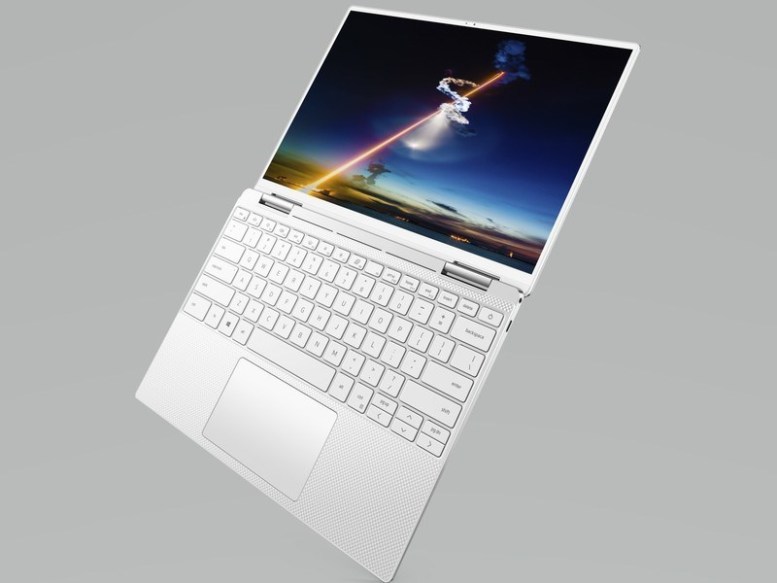
The XPS 13 7390 2-in-1 is a nice-looking laptop sporting some of the first 10nm U-series CPUs. Unfortunately, it will have a soldered SSD, and I therefore cannot recommend purchasing it.
For comparison, remember that this i7-10510U has a base frequency of an odd 2.29 GHz and maximum turbo frequency of 4.89 GHz while the i7-8565U has a 1.8 GHz base clock and 4.6 GHz maximum. With thermal constraints being equal, you would expect the upcoming Comet-Lake U-series CPU to be faster than an 8th gen CPU of the same series yet with lower clocks. It could be that because this is likely a pre-release XPS 13 7390 being tested, it’s yet to be optimized and better scores may be posted with time.
It will be especially interesting to see how the 10nm Ice Lake CPU option for the XPS 13 7390 2-in-1 compares to the 10th generation 14nm Comet Lake part for the traditional 7390.
It’s also important to point out that Geekbench is a benchmarking tool that essentially shows the best-case performance of a chip, and is often not indicative of real-world sustained performance. For sustained performance of a CPU, running Cinebench multi-core in a loop of at least 10 times is recommended.


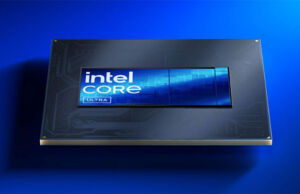
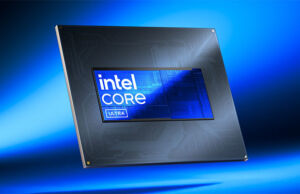

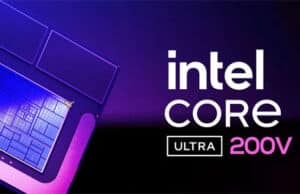
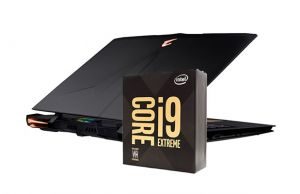
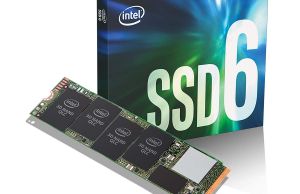
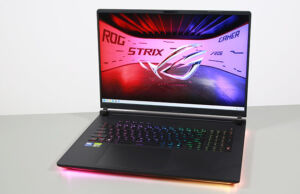

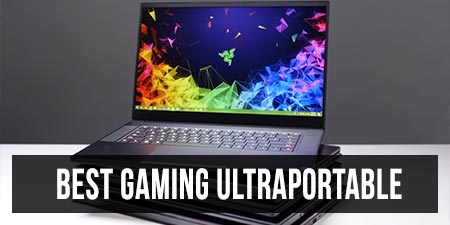
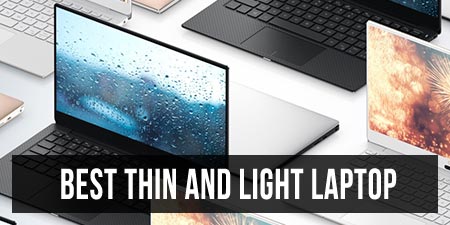
Mehdi
July 11, 2019 at 10:12 am
Comet Lake is a 14nm Kaby Lake refresh & not on 10nm technology. It should have around 5 to 10 percent advantage over current generation Whisky Lake.
Douglas Black
July 11, 2019 at 10:17 am
Dear Mehdi,
Last I heard was they were 10th gen chips in 10nm in the XPS 13 7390. Did I miss something and they are no longer using 10nm in it?
Mehdi
July 11, 2019 at 11:02 am
I heard the same thing. But, we know about Intel's yield issues with 10nm. So, I guess Dell will release XPS 13 7390 in different configurations.
I think the main reason Intel named Ice Lake and Comet Lake as 10th gen, is to hide his issues with 10nm. I'm sure many costumers will confuse Comet Lake chips as 10nm products.
b4lmung
July 12, 2019 at 3:19 am
According to the leak, this year, Dell will launch two XPS 13 laptops that shares the same codename '7390'. (https://www.notebookcheck.net/Leaked-Dell-roadmap-shows-concept-plans-for-XPS-15-7500-XPS-17-7700-and-the-mysterious-Dell-XPS-Dual-Screen-Maximus.419782.0.html)
The first one is XPS13 2-in-1 with Ice lake, whereas the second one is normal clam-shell XPS13 equipped with Comet lake.
The model numbers of these two models in geekbench are also different.
https://browser.geekbench.com/v4/cpu/13771941
http://browser.geekbench.com/v4/cpu/13476245
DavidC1
August 17, 2019 at 8:54 am
They are going to be aimed differently, and you'll see two 10th Generation chips.
The 14nm "Comet Lake" chips are higher clocked version of Whiskeylake chips. They'll be available up to 6 cores now though. Same UHD 620 graphics. These chips might end up in systems with dGPUs.
The 10nm "Ice Lake" chips use new architecture and new process. The advantages are quite straightforward. The CPU won't be faster, but its thermals should be much better controlled. The iGPU will be much faster. Greater integration will result in smaller board size and noticeably better battery life.
The battery life requirement of Project Athena will likely be hard to achieve without using Icelake.
August
July 17, 2019 at 11:32 pm
I think reviewers care too much about soldered SSDs. Yes, it might be a big deal for some "tech enthuasiats", but for 95%+ of consumers it doesn't make a difference.
DavidC1
August 17, 2019 at 8:56 am
You don't just want to dismiss the enthusiasts, because not only they have greater buying power but influece as well. They drive higher end sales which manufacturers target because that's how they make the money.
Lower end devices = Recoup costs
High end devices = Make money on it
And of course people should care. Especially when it doesn't bring big advantages as a product.
Ascariss
July 20, 2019 at 10:29 pm
From the leaked roadmap, the Icelake version of the regular xps 13 is supposed to arrive much later, after CES 2020, end of January/early February 2020.
Of course things can change on roadmaps and that particular roadmap is from February 2018, but so far things match up from it, like new XPS 15 launch, between June/July 2019, August 2019 for Icelake xps 13 2in1.
Cometlake-U XPS 13 is slated for an early September 2019 release, so I am guessing we are looking at Cometlake-U intro by Intel at IFA 2019 or just a few days before, with new cometlake-U devices being presented at the show, from asus, acer, HP, Lenovo, etc.
But I feel we might still see some new icelake devices at IFA 2019, Lenovo said their S940 will also get icelake later this year.
HP/someone, benchmarked their new spectre x360 13in with new icelake hardware. See link below.
https://browser.geekbench.com/v4/cpu/13954547
Looks like the new model will be 13-aw00xxx
James
August 2, 2019 at 8:06 am
So the Asus Zenbook Duo is the same price with the same processor and specs, but with an extra touch screen added… For productivity in the 14" sector, the Duo is king..